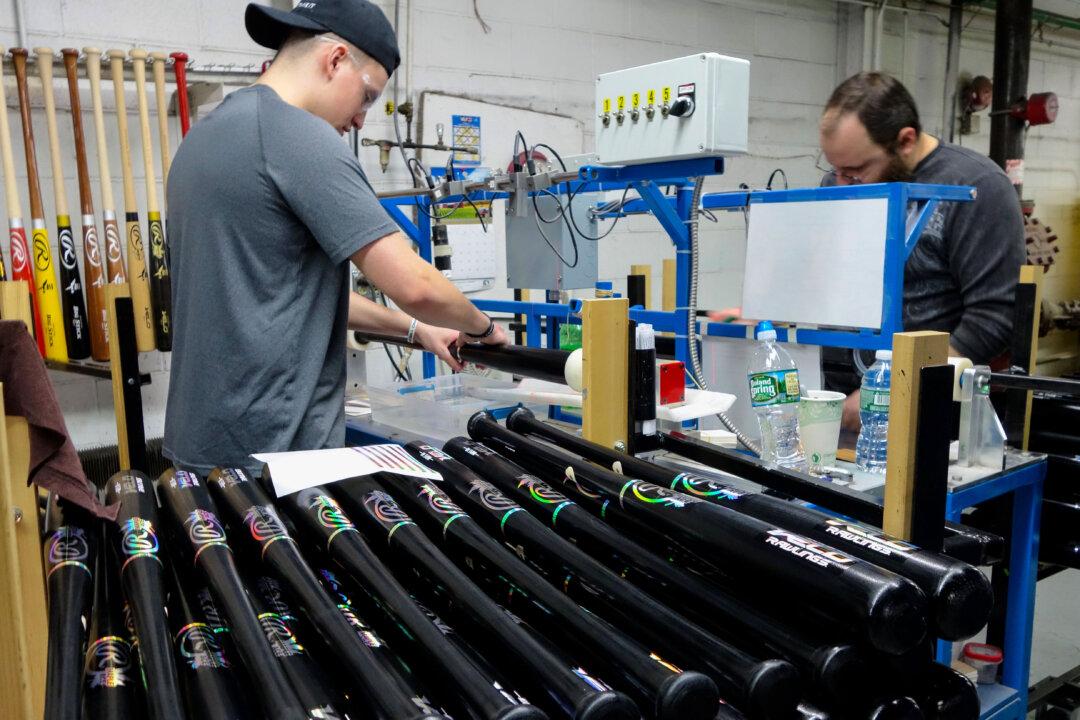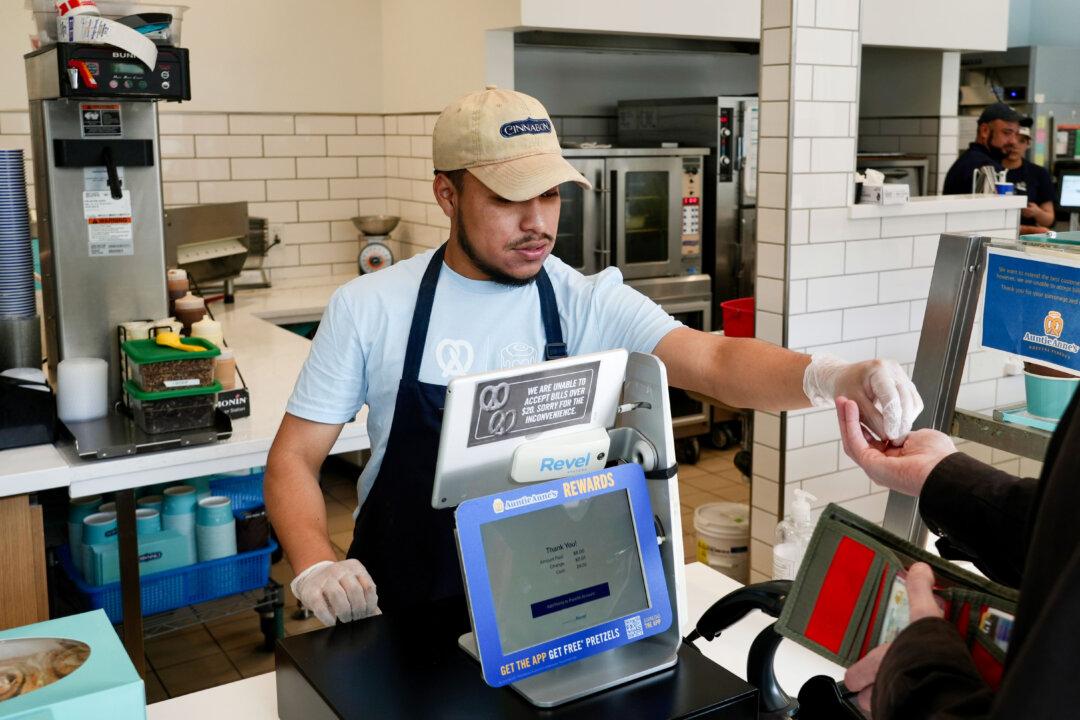The Veterans Administration (VA) says it has helped 145,000 veterans stay in their homes over the past year and avoid foreclosures.
On the back of that success, the VA is doubling down and calling on mortgage companies to pause future foreclosures of VA-guaranteed loans through May 31, 2024.





